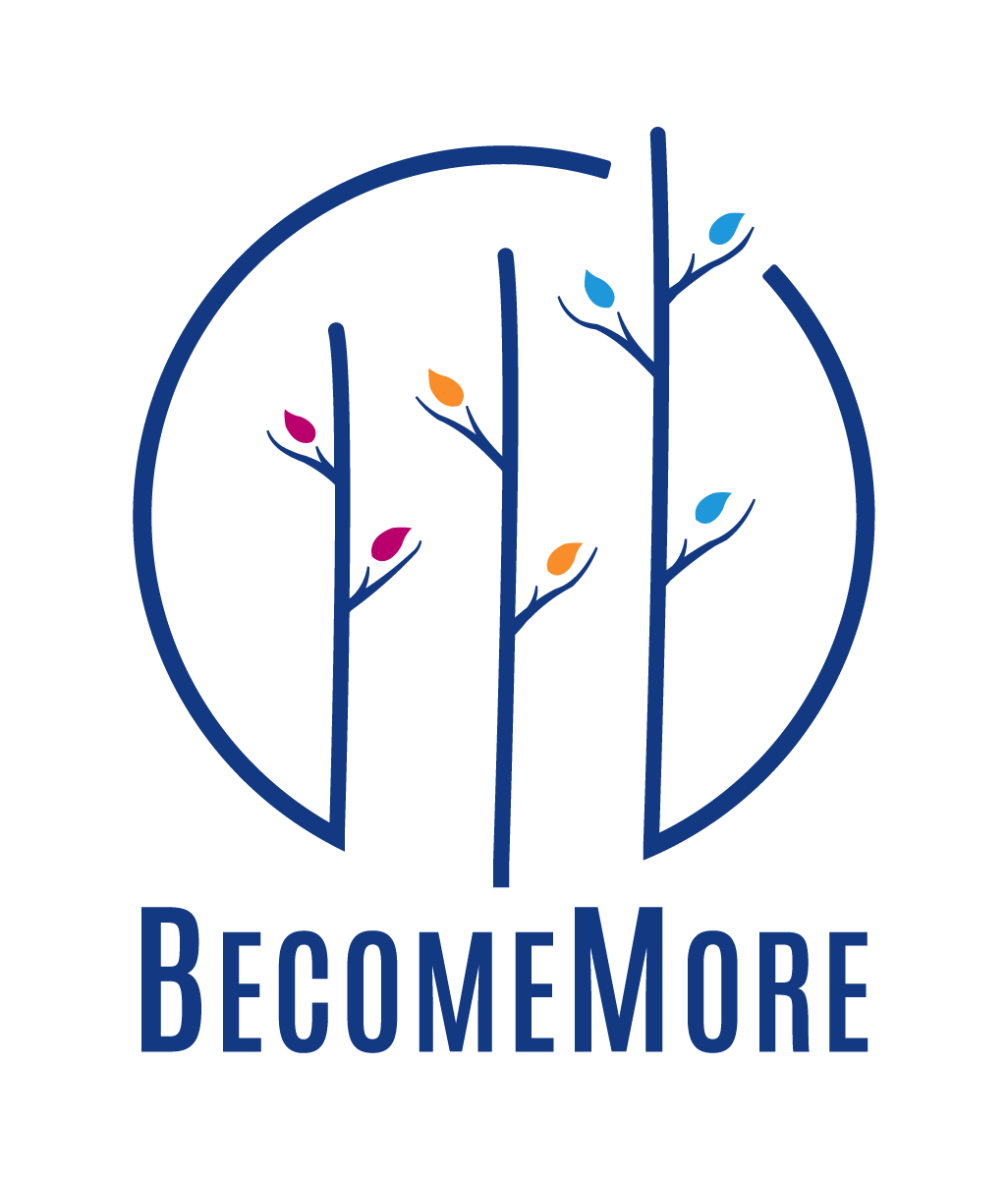
Growth in 2024: From Telling to Asking
As I reflect on my top personal or professional growth of 2024, I initially gravitated toward cataloging the lessons, strategies, and frameworks I’ve stored away. These are the nuggets of wisdom I’ve logged for future use, tools I believed marked my progress. But true growth isn’t just about accumulating experiences or knowledge—it’s about reflecting on those experiences to uncover blind spots and fundamentally shifting as a result. Growth, by definition, means change: a previous state has transformed into something new.
This year, a huge area of growth has been confronting a pattern born from a unique mix of traits. My Predictive Index High A (Independence) means I value my own opinions deeply, and my strong desire to help others often leads me to jump in with answers. This habit of overly telling and minimally asking has served me well in high-pressure, quick-action scenarios. In emergencies, decisiveness is critical, and offering direct solutions can resolve issues swiftly. But in the daily rhythm of life, this approach falls short—especially when the goal is not to fix a problem but to help a person or organization grow.
The Problem with Telling
The more I reflected, the more I realized how much this habit undermines the very outcomes I aim to achieve. When I jump to telling rather than asking, I’m not helping others in the way they need. Here’s why:
- My Answer Might Not Be Right
No matter how confident I feel, my perspective is limited. My solution could be flawed, incomplete, or inappropriate for the context. I may suffer from my understanding being a layer removed from true reality. By immediately offering my answer, I shortcut the process of truly understanding the other person’s perspective. - Stifling Ownership and Discovery
Even if my answer is correct, delivering it robs the other person the chance to think critically, analyze the situation, and arrive at their own conclusions. By doing the work for them, I leave them with a solution—but not the tools or experience to handle the next challenge independently. - Undermining Their Growth
Helping someone isn’t just about solving their immediate issue; it’s about empowering them to develop their own skills, confidence, and problem-solving capabilities. Telling them the answer might solve today’s problem, but it doesn’t prepare them for tomorrow’s.
The Shift: From Telling to Asking
Recognizing this blind spot has fundamentally changed how I approach helping others. I’ve begun to replace telling with asking. Instead of jumping in with my opinion, I’ve focused on drawing out their thinking through questions like:
- What do you see as the core issue here?
- What are your options?
- What outcomes are you hoping to achieve?
- What’s the best next step?
- What do we take a fact that may not actually be reality?
By doing this, I create space for others to reflect, analyze, and take ownership of the process. My role shifts from the person with the answers to the facilitator of their growth.
The Results of Growth
This shift hasn’t been easy, and its not finished. It continues to require patience, humility, and the willingness to let go of the need to be “right.” But the impacts have been transformative—not just for those I’ve worked with, but for me. By asking instead of telling, I’ve seen others gain confidence, develop new skills, and approach challenges with greater independence. And I’ve grown too. I’ve learned to listen more deeply, appreciate diverse perspectives, and embrace the idea that my value isn’t in my answers but in my ability to help others find their own.
Reflection as the Key to Growth
As I look back on 2024, I see this shift not just as a new habit but as evidence of real growth. My old state—confidently telling—has evolved into something new: a commitment to asking, understanding, and empowering. Growth isn’t about storing away knowledge for the future; it’s about reflecting, uncovering blind spots, and changing for the better. And for me, this year, that has made all the difference.

